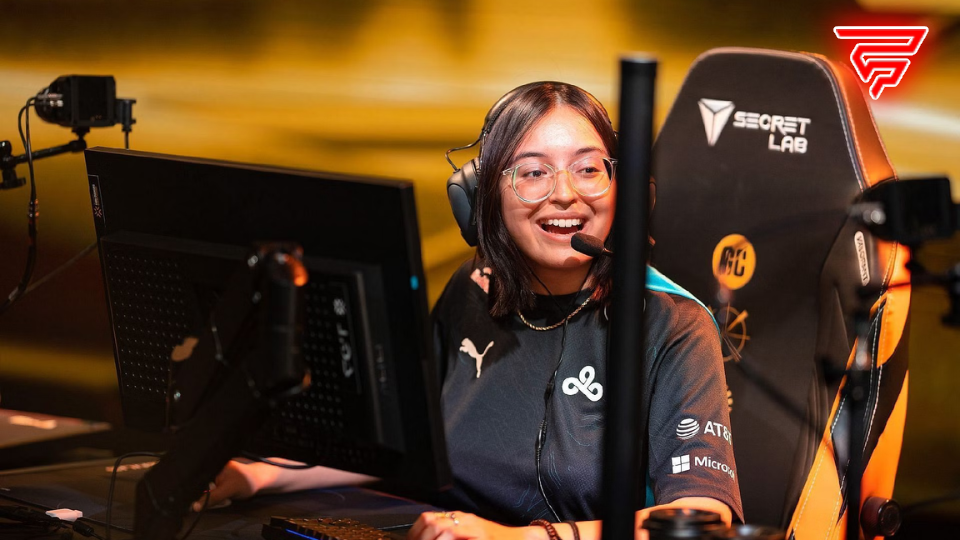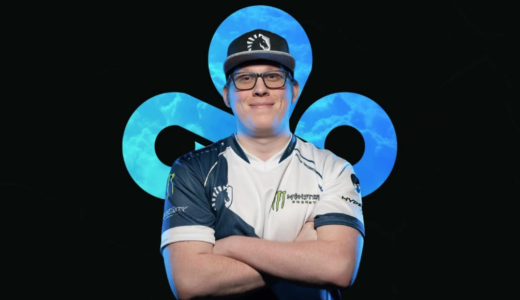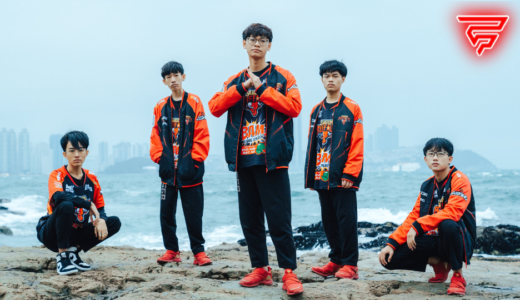Recent reports surrounding Melanie “meL” Capone’s exclusion from Tier-1 team trials have sparked discussions about gender bias in VCT.
In recent news, a controversy has erupted within the VALORANT esports community, shedding light on gender bias and discrimination against female players. The incident revolves around Melanie “meL” Capone, a highly skilled VALORANT player, and her alleged exclusion from Tier-1 VCT (VALORANT Champions Tour) team trials due to the reluctance of some male players to play with a woman.
The controversy first came to the forefront when esports reporter Rod “Slasher” Breslau discussed the issue during a live stream with former VALORANT coach and caster Sean Gares. According to Slasher, meL had attempted multiple times to practice with Tier 1 VCT teams but was consistently denied the opportunity because at least one player on each team refused to play with a woman.
Slasher’s comments raised concerns about gender bias in esports, prompting discussions about the challenges faced by female professionals. He also drew parallels with similar situations in other games, such as Counter-Strike, where female players like Michaela “mimi” Lintrup experienced discrimination and exclusion from tryouts.
The incident sparked outrage among fans and players alike, with many expressing shock and disappointment at how such biases still exist in competitive gaming despite the significant progress made in recent years. Some members of the community called for the identities of the players who refused to practice with meL and others to be revealed, highlighting the importance of transparency and accountability. Others defended the players by suggesting that the rejection might be based on skill rather than gender.
MeL’s response to the incident
In response to the controversy, MeL confirmed that she had been denied opportunities to trial for a co-ed VALORANT team. While acknowledging that gender bias played a role in some instances, meL pointed out that it was not the sole reason for her denials. She explained that there were other factors at play, including team buyouts and her perceived value to her organization.
For those of you who only want a few sentences, here it goes: I’ve been denied opportunities to trial for co-ed VALORANT teams with a handful of talented co-ed rosters over the years for reasons that include teams not wanting to pay a buyout for me and because I was viewed as,…
— V1 meL (@melanji) September 19, 2023
MeL revealed that she had chosen not to address the issue publicly in the past. Her decision stemmed from concerns that discussing it openly might negatively affect her chances with other teams. She also mentioned that she had no intention of bringing this matter to light but felt compelled to do so due to misconceptions within the gaming community.
Ultimately, meL expressed her desire to put the controversy behind her and focus on her passion for playing the game and improving alongside her teammates. She emphasized her dedication to competitive gaming and her hope that the community would come together to support all players, regardless of their gender.
This controversy highlights a broader issue of gender bias and discrimination within esports, where female players face challenges in gaining equal opportunities and recognition. Despite the existence of talented female professionals, they often encounter barriers and stereotypes.
The community’s response demonstrates the need for continued discussions and actions to promote diversity and inclusivity within the competitive gaming industry. As the esports world evolves, it is crucial to ensure that players are judged based on their skills and not their gender.
Header: Riot Games







